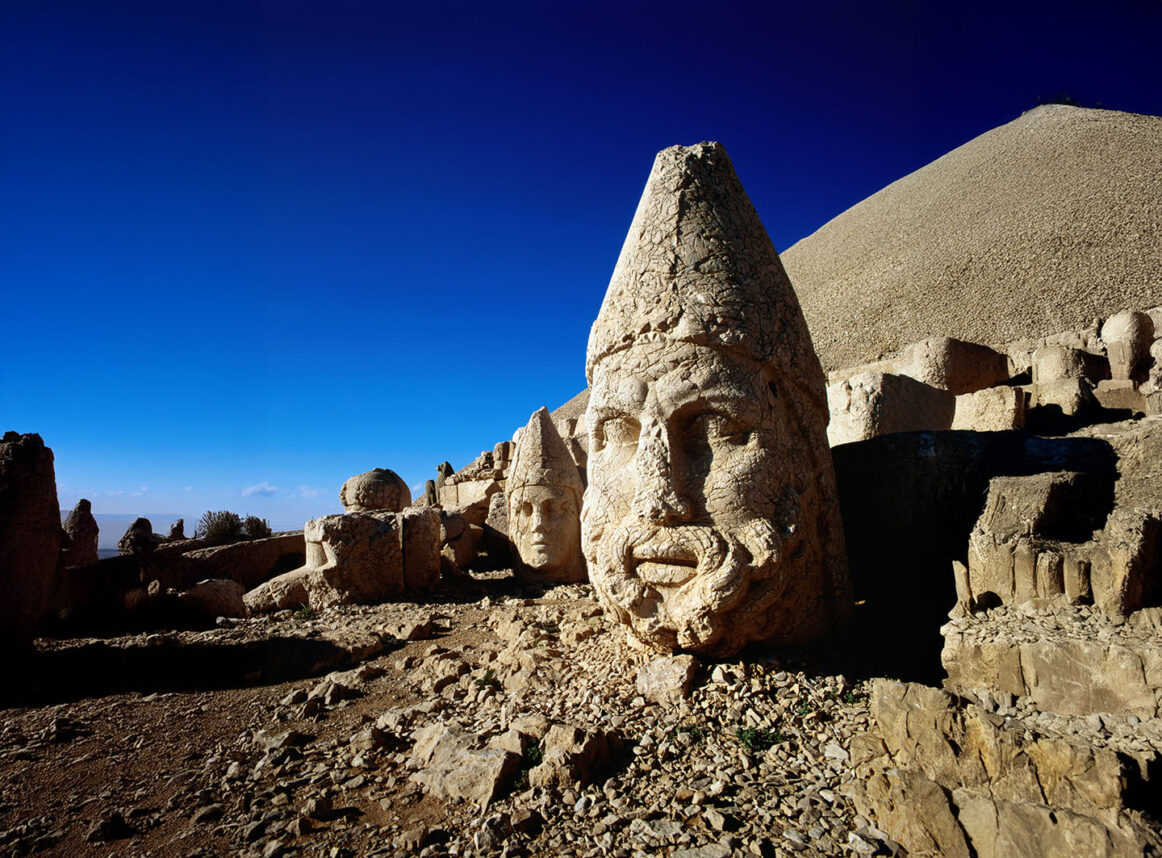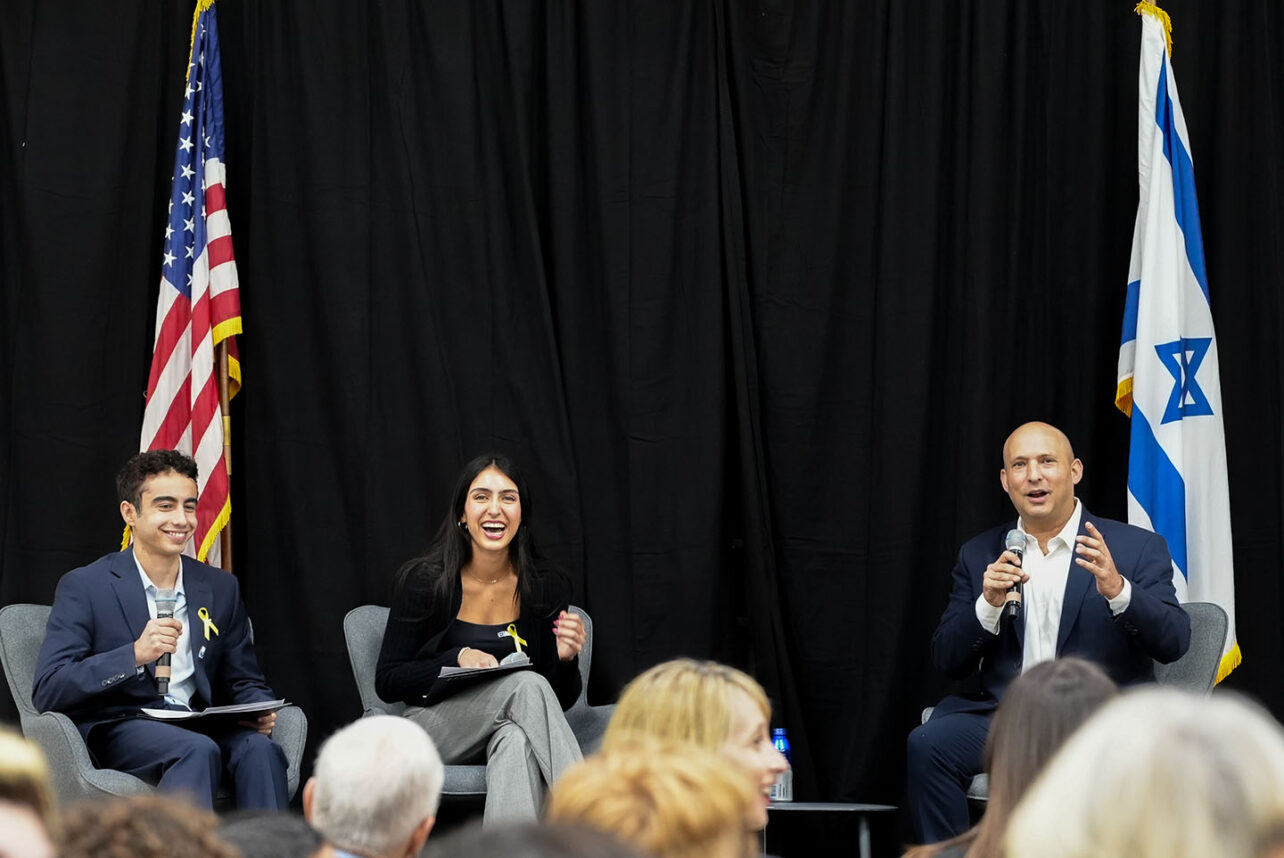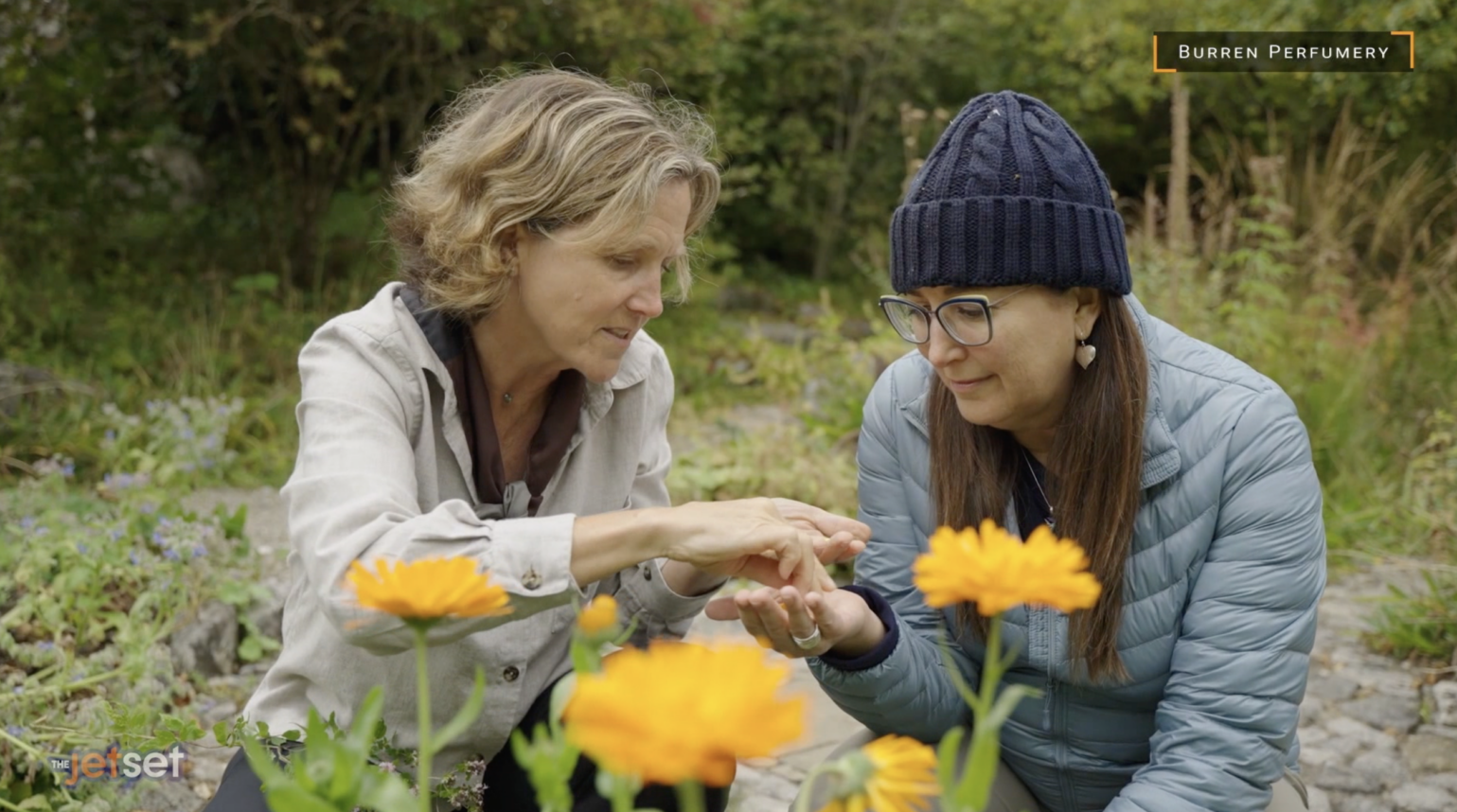“Welcome to the new economy,” boasts a sign at the entrance of the self-styled Bitcoin Embassy in the heart of Tel Aviv.
The sparely furnished property opened a few months ago to support a community of Bitcoin fanatics, perhaps the most active in the world, who are out to build just that – a next-generation trading system based on the digital currency.
At least two dozen startups have popped up in Israel over the past year with a view to creating tools that will allow the currency to be used in almost any kind of transaction – from buying shoes to sending remittances or issuing company stock.
Israeli companies are pioneers in hi-tech fields like cryptography, fraud prevention, and semiconductors, all of which interact with the Bitcoin universe.
That makes the country as much of a Bitcoin hotspot as Singapore or California's Silicon Valley, says Eli Novershtern, principal of Israel's biggest venture capital firm Pitango, which manages assets worth over $1.6 billion.
“We see a lot of activity here and are certainly looking to invest (in such firms), even significant sums if we recognise an attractive opportunity,” he said, without offering details of specific plans.
As a crypto-currency, Bitcoin is passed between two parties digitally and can be traded on exchanges for real-world currencies. Its value fluctuates according to user demand but it is not backed by any government or central bank.
New bitcoins come from a process called mining. Computer programmers around the world compete to crack an automatically generated code and the first to do so is rewarded with a small stash. This happens about every 10 minutes.
The maximum potential number of bitcoins in circulation is 21 million compared with around 12 million currently – meaning that, over time, the payoffs get smaller.
Enthusiasts hope the circulation limit and wider acceptance of the currency will mean its value goes up. One bitcoin is currently worth about $700, giving the currency a total potential market value of about $9 billion.
As recently as 2012 it was changing hands for $10.
Netanel Goldberg, 42, heads GetReal Platforms, a company he and two other graduates of Israel's military cyber intelligence unit founded last year.
He foresees a “bloodbath” as ever stronger computer networks compete to mine the most bitcoins – a market he expects to grab a sizable chunk of, thanks to a silicon-based chip that GetReal is developing.
SECONDARY MARKET
Bitcoin was spawned by a still unidentified developer known as Satoshi Nakamoto in 2009, when the global financial crisis meant distrust of banks and governments was high.
Initially there was a libertarian appeal, said Ron Finberg, who runs the website Digital Currency Magnates.
But in Israel, technology had always been the currency's driving force, he said. Now the “boundary-less system” was fostering ever more innovative applications.
Mathematician Meni Rosenfeld said his team is developing a product called “colored coins” that will allow bitcoins to carry a secondary value, such as equity in a company.
A company will be able to take small fractions of a bitcoin, give them a digital marker, or “color”, and distribute them to shareholders.
“They represent stock in every way,” said Rosenfeld, who is also chairman of the Israeli Bitcoin Association. The same could be done with bonds or car ownership, he said.
REGULATORY RESPONSE
There has been a mixed reaction to Bitcoin around the world.
Supporters are drawn to its decentralised platform and say it is here to stay. Detractors call it a bubble and expect it to be forgotten in a year or two.
But its growing popularity is undeniable, and governments and regulators have been searching for the best way to respond.
“The Bank of Israel is … examining the need for some sort of regulation regarding electronic, virtual and other similar currencies,” said Yoav Seffer, spokesman for the central bank.
Most retailers do not accept Bitcoin, making it hard for users to shop. One Tel Aviv startup, however, has shown that the convenience of using digital money can draw enormous interest.
AppCoin developed a programme that easily generates virtual currencies and teamed up with an online community of mothers in a trial run. The moms were given a new tender, called “hearts”, and agreed to use it to buy and sell items.
A year later the network swelled to 50,000 members with hundreds of transactions carried out each day.
The company plans to offer a service so anyone, anywhere can create their own currency, but for now it is focused on a beta-version it just released of a Bitcoin bazaar, called Satoshi Marketplace, accessible by phone to anyone in the world.
“Just as the internet revolutionized the way we exchange information, smartphones will redefine how people exchange value – by using digital currencies and virtual marketplaces,” said Eyal Hertzog, product architect at AppCoin.
Last month, members of the Bitcoin community and officials from the private sector and government gathered at the Tel Aviv Stock Exchange to discuss the future of the digital currency.
The assembly was hosted by Eden Shochat, founder of venture capital firm Aleph, which manages about $150 million.
“The ability to transfer value in a frictionless way without transaction fees represents a tidal wave, and when that happens our role is to help, advise and fund these kinds of companies,” he said.






















